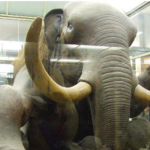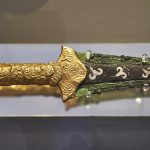The Tragic Death and Enduring Legacy of Bruce Lee
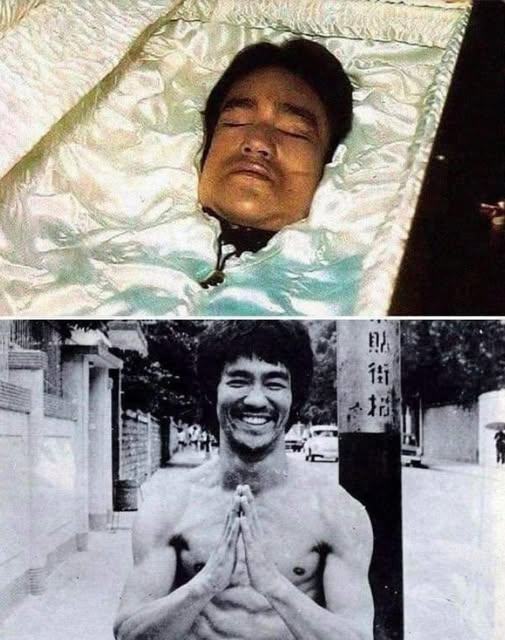
The Tragic Death and Enduring Legacy of Bruce Lee
Bruce Lee, the legendary martial artist, actor, and cultural icon, died unexpectedly on July 20, 1973, at the age of just 32. His sudden passing came only weeks before the release of his breakthrough film Enter the Dragon, a moment that was meant to mark his global triumph. Instead, it became a day that stunned the world.
That afternoon, Lee complained of a headache while at the Hong Kong apartment of actress Betty Ting Pei. He was given a common painkiller and lay down to rest — but never woke up. The official cause of death was recorded as cerebral edema, or swelling of the brain, and was ruled “death by misadventure,” indicating an accidental death connected to risk-taking circumstances.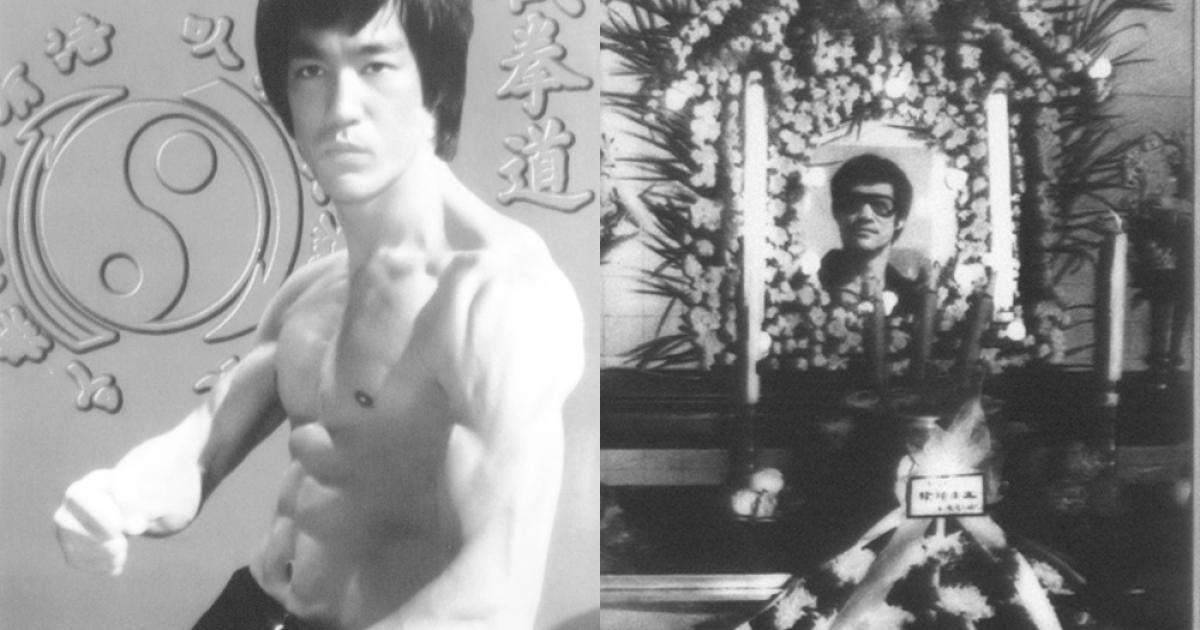
The shock was immediate and intense. Lee was at the height of his strength, a man defined by discipline and vitality. The idea that someone so powerful could die so suddenly seemed almost impossible. Rumors quickly filled the void. In Hong Kong and beyond, whispers spread of foul play: some believed Lee had been targeted by Chinese triads, rival martial artists, or secret societies. Others blamed a so-called curse, tied to cultural taboos and ancient superstitions. Still more outlandish theories claimed poisoning, betrayal, or even ninja assassins. None of these theories have ever been supported by credible evidence, but they continue to feed the myth surrounding his death.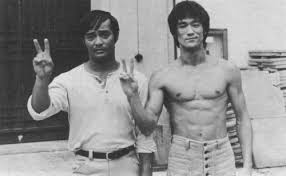
In the years after his passing, Bruce Lee’s legacy only grew stronger. His martial arts philosophy, Jeet Kune Do, focused on fluidity, adaptability, and self-expression. It challenged rigid traditions and inspired generations of fighters and thinkers around the world. His films — Fist of Fury, Way of the Dragon, and especially Enter the Dragon — transformed action cinema, elevating martial arts to a global phenomenon.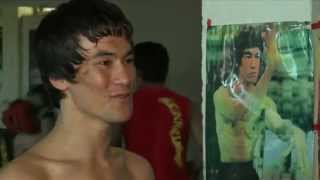
But Lee was more than just a fighter or an actor. He was a philosopher, a bridge between cultures, and a symbol of self-mastery. His words — “Be water, my friend” — remain a guiding mantra for millions seeking strength through flexibility and resilience.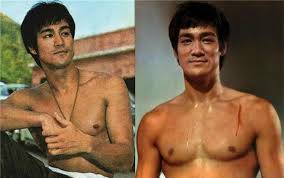
Though his life ended far too soon, Bruce Lee’s spirit endures. Nearly fifty years later, he remains a figure of power, grace, and vision — a man whose impact reaches far beyond the dojo and the silver screen. His death may remain wrapped in speculation, but his legacy is crystal clear: Bruce Lee changed the world.


